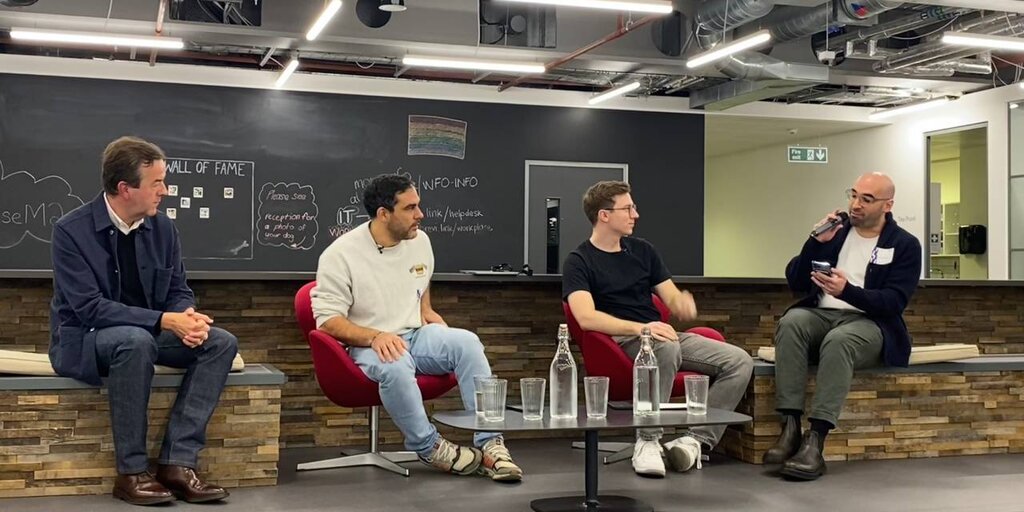Metaverse technology startup Improbable is working on infrastructure that can support up to 40,000 players simultaneously occupying the same virtual space.
“We’ve been building a technology which allows us to have up to about 40,000 people in the same virtual space at the same time,” Improbable’s Chief Product Officer Rob Whitehead said at the launch of the Metaverse Society’s “Scaling the Metaverse” report. “They can all see each other, interact with each other, hear each other.”
Whitehead likened the experience to a virtual music festival. “It’s the closest thing I’ve seen to a digital Glastonbury or a digital Coachella,” he said, adding that, “If someone decides to dress up as a cow, you can see them on the other end of the stage, run over to them, and have that serendipitous conversation.”
“One of the areas we’re exploring is these sort of high-density events, as a really unique opportunity. It’s something you can only really get in the real world, right now,” Whitehead noted, adding that he’s been working with sports and music firms on the project.
While Whitehead didn’t specify the name of the project he was working on, it bears similarities to the tech underpinning Yuga Labs’ Bored Ape Yacht Club metaverse Otherside, which last year showcased a playtest with thousands of simultaneous participants.
Otherside’s metaverse tests were built using Improbable’s MSquared (M²) creation suite, which encompasses a network, tech stack, and metaverse markup language (MML) for creating digital assets and experiences. Improbable co-founder and CEO Herman Narula called the firm’s plans for a “network of metaverses” a “stupidly ambitious project.”
Whitehead also highlighted the phenomenon of “metaverse skeuomorphism,” in which objects in the virtual world resemble their real-life counterparts, similar to early iPhone apps.
“It’s a big fancy term, but it just means doing stuff that looks like real life to bridge in—and in the metaverse the exact same thing is going on,” he said.
Initially, he argued, metaverse developers will “be taking things that people already understand in the real world and making kind of semi-metaversal equivalents.” As metaverse users become more familiar with the possibilities of the medium, they’ll evolve beyond the need for realism, he said. “And then over time, you’ll get these crazy compositional experiences that no one’s ever seen before.”
Edited by Andrew Hayward
Stay on top of crypto news, get daily updates in your inbox.

